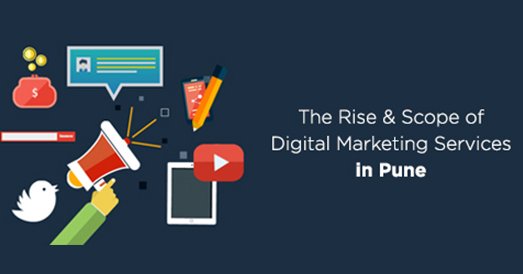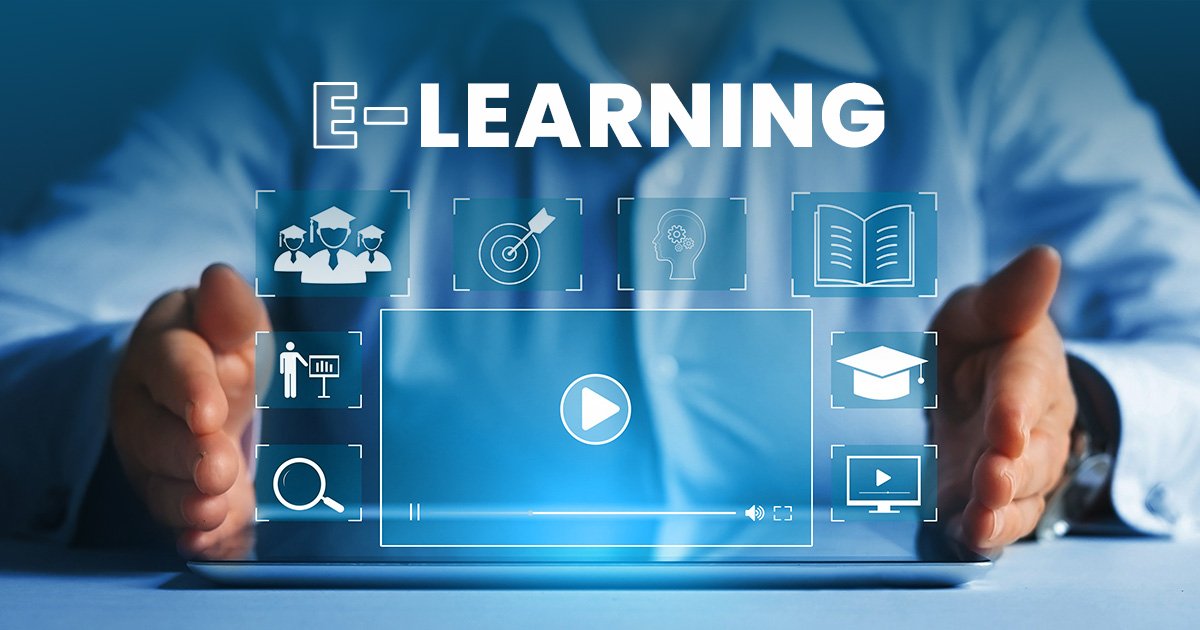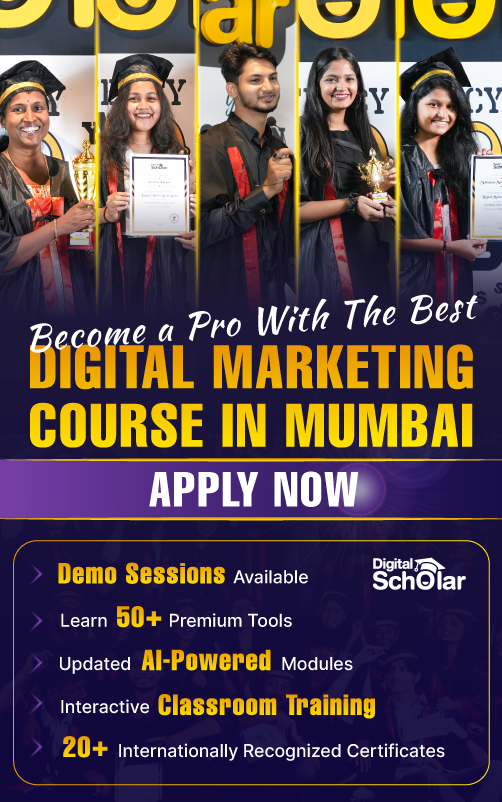Digital Marketing Course: 3 Months to Be Job Ready
Category : Blog
Written by Mischa McInerney

Digital Marketing Course: 3 Months to Be Job Ready
Introduction
In today’s fast-paced digital age, having a strong grasp of digital marketing is more important than ever. Businesses across all sectors are clamoring for professionals who can navigate the online world and drive results. This is where a comprehensive 3-month digital marketing course comes into play. If you’re looking to boost your career prospects and become job-ready in just three months, this guide will walk you through everything you need to know.
What is Digital Marketing?
Definition and Scope
Digital marketing refers to the use of digital channels to promote or market products and services to consumers and businesses. It encompasses a wide range of tactics and strategies, including SEO, content marketing, social media marketing, email marketing, and more. Unlike traditional marketing, which often relies on print media, television, and radio, digital marketing uses the internet and other online platforms to reach a broader audience.
Traditional Marketing vs. Digital Marketing
While traditional marketing still holds value, digital marketing offers a more interactive and measurable approach. Traditional methods can be expensive and hard to track, whereas digital marketing allows for real-time analytics and greater flexibility. For instance, with digital marketing, you can target specific demographics, measure the effectiveness of your campaigns, and adjust your strategies accordingly.

Why Choose a Career in Digital Marketing?
High Demand for Digital Marketers
The digital landscape is constantly evolving, and businesses need skilled professionals to keep up. This has led to a high demand for digital marketers across various industries. Whether you’re interested in working for a startup, a large corporation, or as a freelancer, the opportunities are abundant.
Competitive Salaries and Career Growth
Digital marketing roles often come with competitive salaries and significant opportunities for career advancement. As you gain experience and refine your skills, you can move up the ladder, potentially leading entire marketing teams or departments.
Versatility and Creativity in the Field
One of the most exciting aspects of digital marketing is its versatility. You can specialize in areas that interest you most, whether it’s SEO, content creation, social media management, or analytics. Plus, the field allows for a great deal of creativity, making it a perfect fit for those who enjoy thinking outside the box.

Key Components of a Digital Marketing Course
SEO (Search Engine Optimization)
SEO is the backbone of digital marketing. It involves optimizing your website to rank higher on search engines, thereby increasing visibility and driving organic traffic. You’ll learn about keyword research, on-page and off-page SEO, and how to create content that resonates with both search engines and users.
Content Marketing
Content is king in digital marketing. This component teaches you how to create, distribute, and manage content that attracts and engages your target audience. You’ll explore different content types, such as blogs, videos, infographics, and social media posts.
Social Media Marketing
With billions of users on platforms like Facebook, Instagram, Twitter, and LinkedIn, social media marketing is essential. You’ll learn how to create effective social media strategies, run campaigns, and analyze their performance.
Email Marketing
Email marketing remains one of the most effective channels for nurturing leads and driving conversions. This part of the course covers how to build an email list, create compelling email content, and measure the success of your campaigns.
Pay-Per-Click (PPC) Advertising
PPC advertising allows you to place ads on search engines and other platforms, paying only when someone clicks on your ad. You’ll learn about setting up and managing PPC campaigns, keyword bidding, and ad copywriting.
Analytics and Data-Driven Decision Making
Data is crucial in digital marketing. You’ll be trained on how to use tools like Google Analytics to track and measure the performance of your campaigns. This helps in making informed decisions and optimizing strategies for better results.

Detailed Breakdown of the 3-Month Course
Month 1: Fundamentals of Digital Marketing
Introduction to Digital Marketing Concepts
In the first month, you’ll get an overview of digital marketing, understanding its importance and how it integrates with traditional marketing.
Understanding SEO and Keywords
You’ll dive into the basics of SEO, learning about keyword research, on-page SEO, and the importance of backlinks.
Basics of Content Creation
This section covers the fundamentals of creating high-quality content, including blog posts, videos, and social media updates.

Month 2: Advanced Digital Marketing Techniques
In-depth SEO Strategies
Building on the basics, you’ll explore advanced SEO techniques, such as technical SEO, local SEO, and SEO for e-commerce.
Social Media Campaigns and Management
You’ll learn how to create and manage effective social media campaigns, including content planning, audience targeting, and performance analysis.
Email Marketing Campaigns
This module covers advanced email marketing strategies, such as segmentation, personalization, and automation.
Introduction to PPC Advertising
You’ll get an introduction to PPC advertising, learning how to set up and manage campaigns on platforms like Google Ads and Facebook Ads.
Month 3: Real-World Application and Job Readiness
Analytics and Measuring Success
In the final month, you’ll focus on analytics, learning how to track key metrics and measure the success of your campaigns.
Building a Portfolio
You’ll start building a portfolio of your work, which is crucial for showcasing your skills to potential employers.
Resume Building and Job Search Strategies
This section helps you create a strong resume and cover letter, along with strategies for finding and applying for jobs.
Interview Preparation
You’ll get tips and practice for acing job interviews, including common questions and how to present yourself professionally.
Benefits of Completing a Digital Marketing Course
Practical Skills and Hands-On Experience
A good digital marketing course offers practical, hands-on experience, allowing you to apply what you’ve learned in real-world scenarios.
Industry-Recognized Certification
Completing the course often comes with a certification that is recognized by industry professionals, adding value to your resume.
Networking Opportunities
You’ll have the chance to network with instructors, industry experts, and fellow students, opening doors to potential job opportunities.
Job Placement Assistance
Many courses offer job placement assistance, helping you find a job in digital marketing upon completion.
Success Stories
Testimonials from Course Graduates
Hearing from past graduates can be incredibly motivating. Many have gone on to achieve significant career advancements and are now thriving in the digital marketing industry.
Case Studies of Career Progression
Detailed case studies show how the course helped individuals move from entry-level positions to senior roles, providing a clear picture of what you can achieve.
Choosing the Right Digital Marketing Course
Accreditation and Reputation of the Institution
Ensure the course is offered by a reputable institution with proper accreditation. This adds credibility to your certification.
Curriculum and Course Content
Look for a course with a comprehensive curriculum that covers all aspects of digital marketing, from basics to advanced strategies.
Instructor Expertise
Check the qualifications and experience of the instructors. Industry experts with real-world experience can provide invaluable insights.
Support Services and Resources
Good courses offer support services, such as mentorship, career











